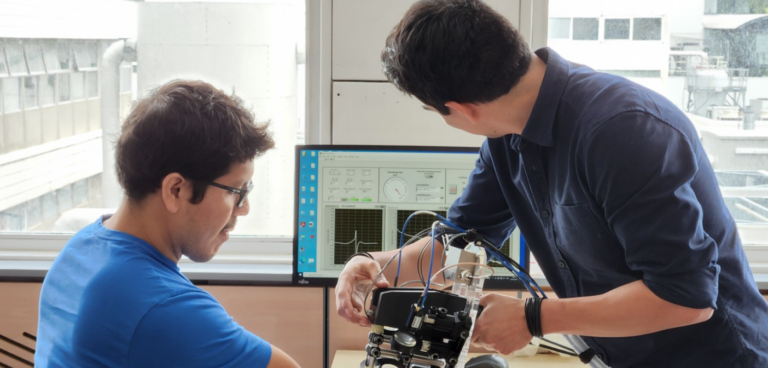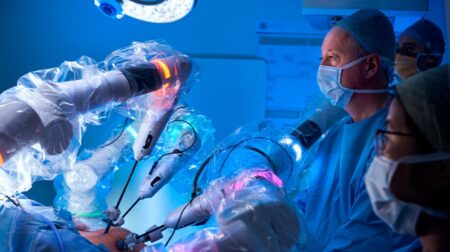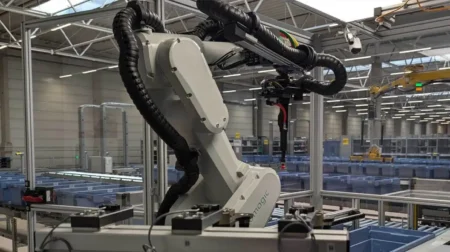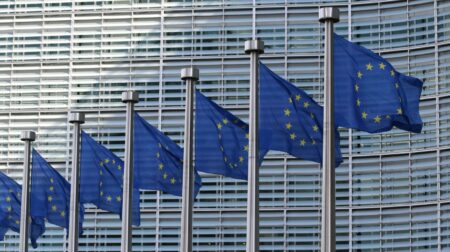A skin scanner, named the ‘skinometer’, has been developed by researchers at the University of Warwick to help surgeons identify the extent of cancer’s spread before surgery.
It is reportedly the first-ever patient measurement device to harness light from the part of the spectrum where infrared and microwaves meet.
The university’s research team has been supported by the Engineering and Physical Sciences Research Council (EPSRC), part of UK Research and Innovation.
Currently, scanning patients for signs of cancer can involve taking and testing multiple skin samples. However, the skinometer has the potential to cut this three-hour surgery into a half-hour procedure.
The device is now undergoing preliminary testing at University Hospitals Coventry and Warwickshire (UHCW) NHS Trust; a handheld version has reportedly also been developed for mobile use.
To speed up the process, the skinometer produces tiny pulses of light from the terahertz part of the spectrum, which strike the skin’s surface and bounce off.
The waveforms of the reflected light then show the extent of cancer’s spread beneath the skin’s surface.
If surgeons are able to know this prior to surgery, it can lead to faster surgeries and with improved skin graft planning. The device is, according to the developers, completely safe and causes no discomfort in patients.
What’s more, the skinometer is also designed to measure the skin’s moisture levels and how the epidermis responds to different moisturisers.
The collection of this data could support the development of more effective sun creams, the team has suggested. The developers likewise hope that the skinometer improves diagnoses and use of NHS resources and could potentially be ready for clinical use within five years.
Discussing the new device, Professor Dame Lynn Gladden, executive chair of the Engineering and Physical Sciences Research Council (EPSRC), said: “Engineering and physical sciences research plays a key role in developing new healthcare technologies that can help us live healthier for longer.
“This new tool not only has the potential to improve sunscreens to protect us in the sun but can also detect how far skin cancers have spread under the skin, thereby enabling faster, more effective treatments.”
The tool has received around £653,000 in EPSRC funding, with further financing from charity Cancer Research UK.
The research has involved Professor Joseph Hardwicke, a skin cancer surgeon at UCHW, Professor Vas Stavros of Warwick’s Department of Chemistry and Dr Christophe Corre from the Department of Life Sciences.








